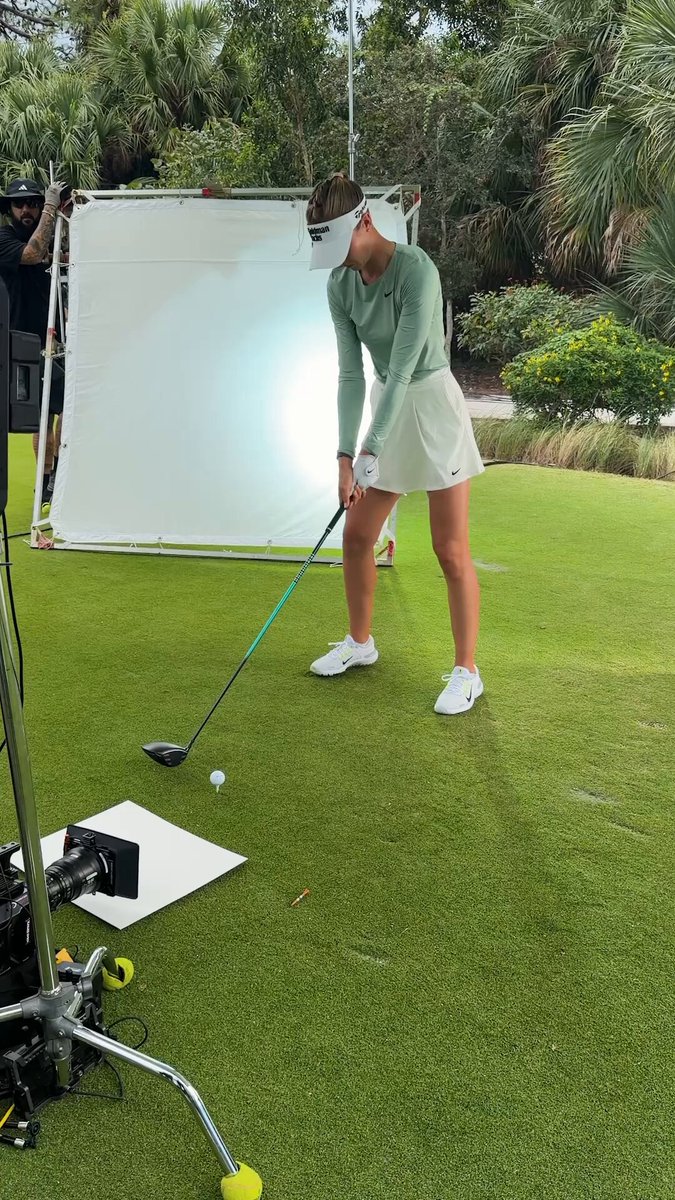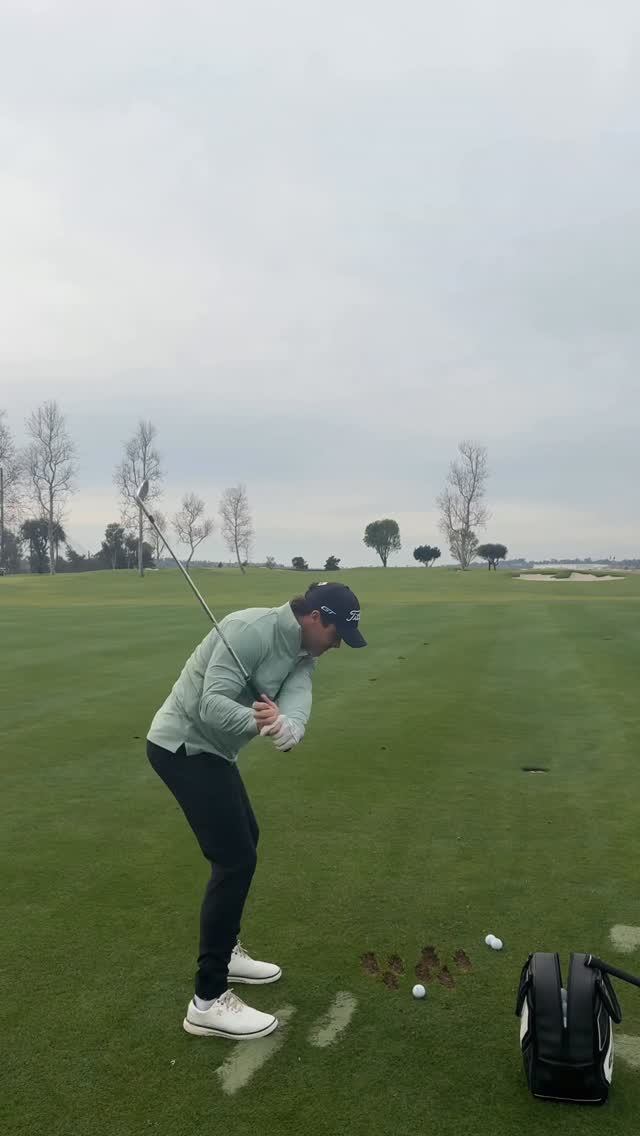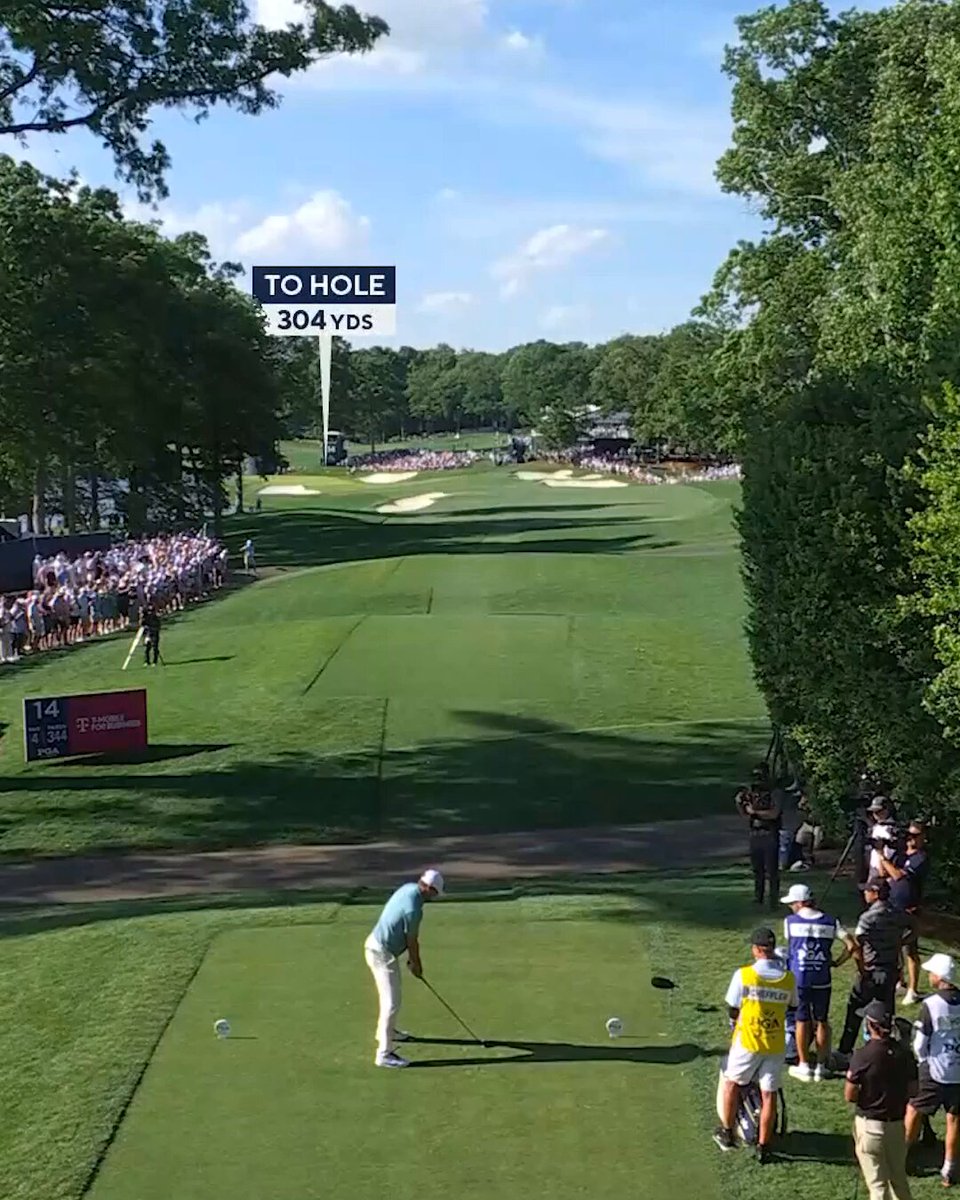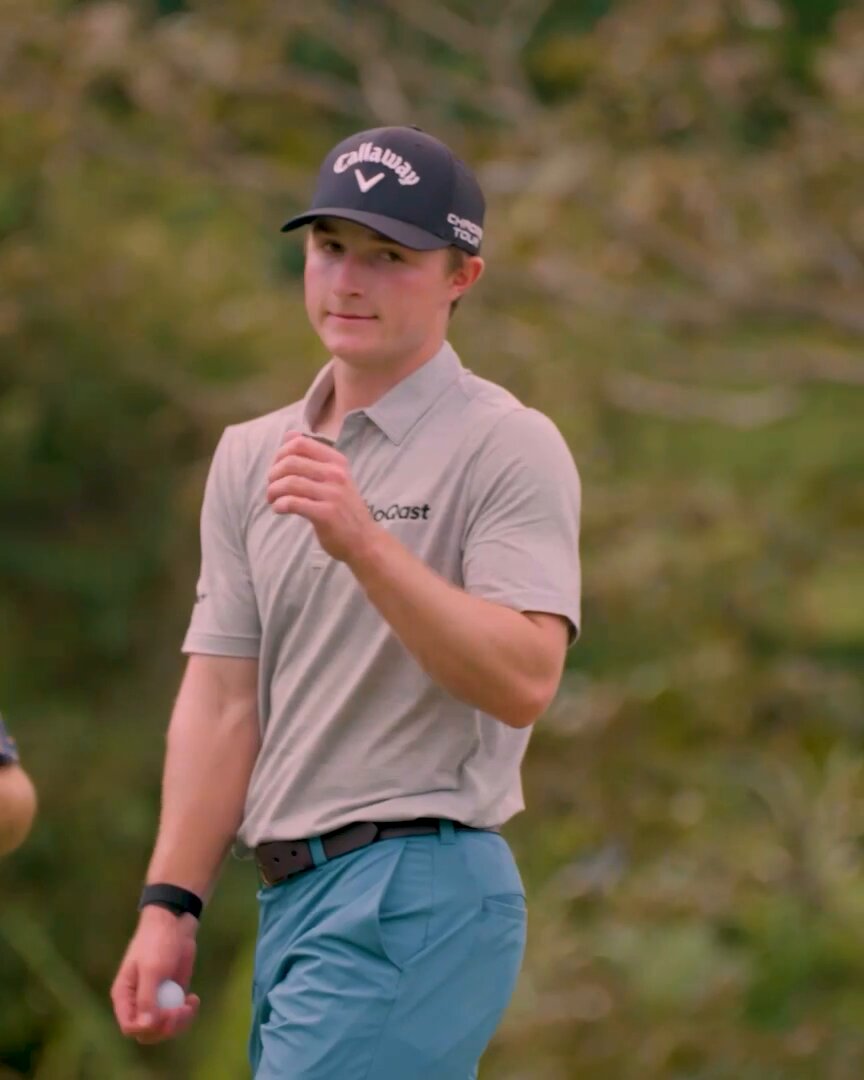Clandeboye Golf Club reports minimal damage after Storm Chandra, with just a few trees down.
Fortunately, standing water is draining well thanks to recent drainage works.💪
Overview of Storm Impact
The club took proactive measures by sending a drone to assess any potential damage. Despite the storm, the overall condition of the golf course is satisfactory.
Condition of the Course
With only a couple of trees down, the impact was less severe than anticipated. The club is looking forward to keeping the course in good shape for its members.
This text was assisted by AI. Report a problem.







